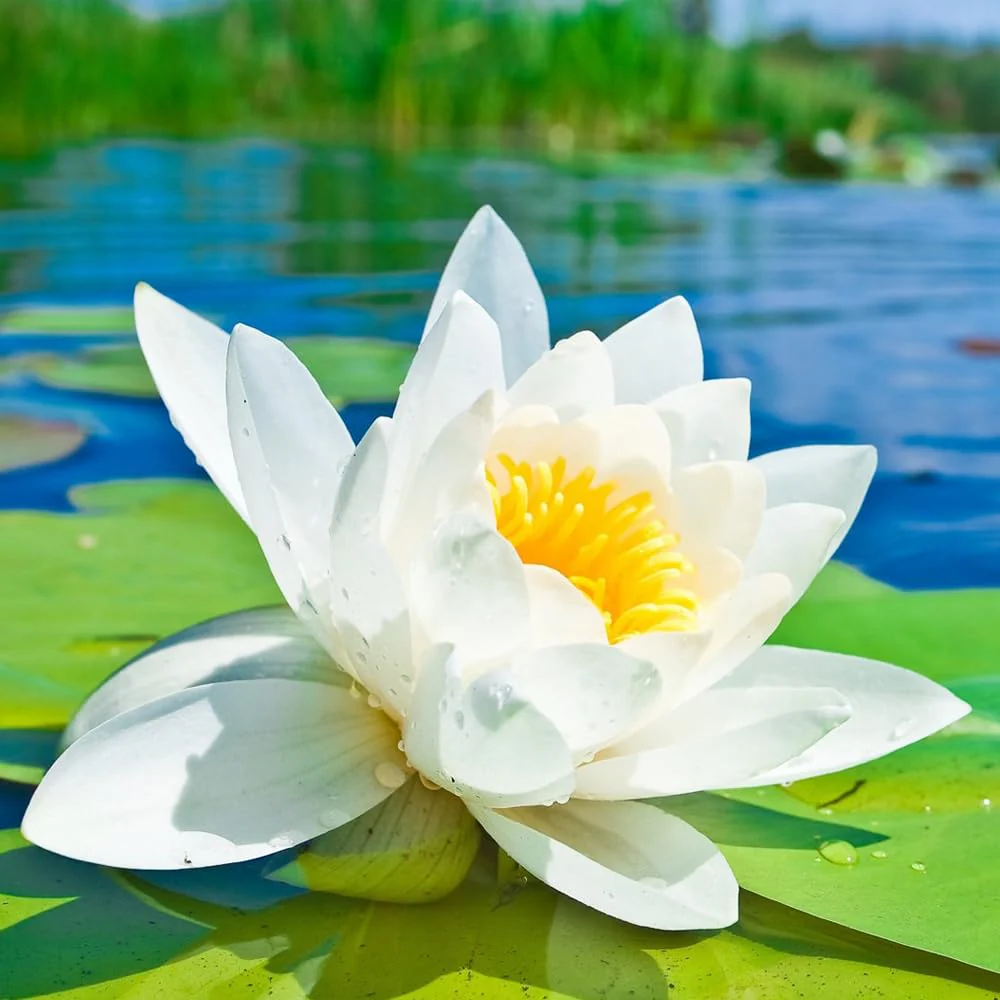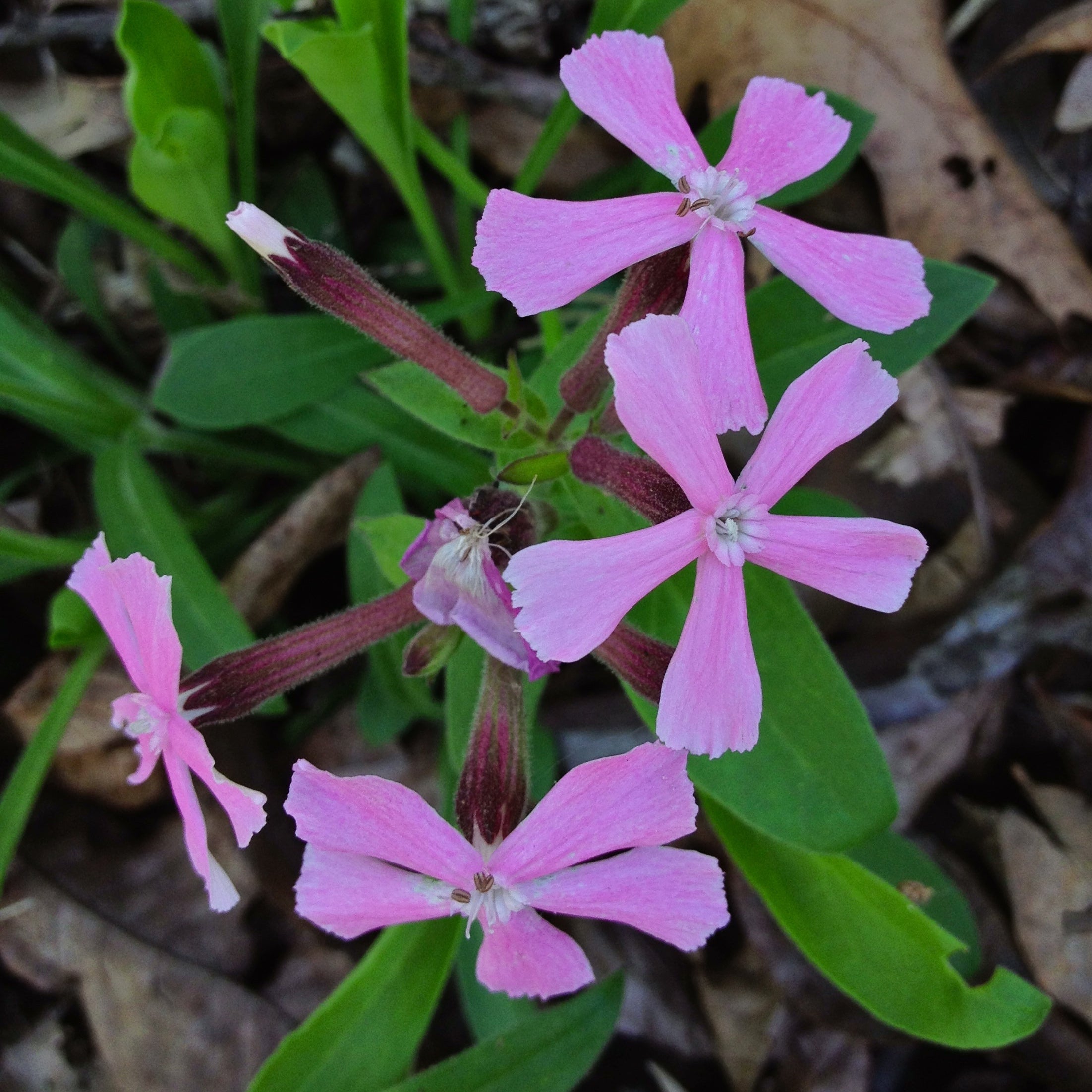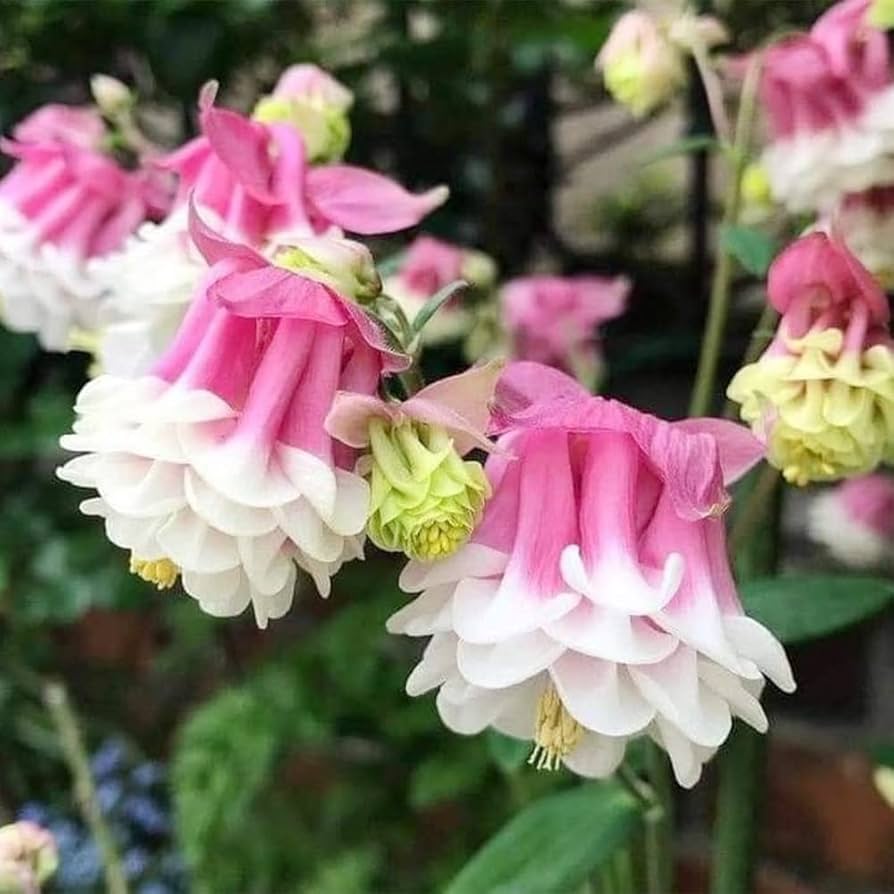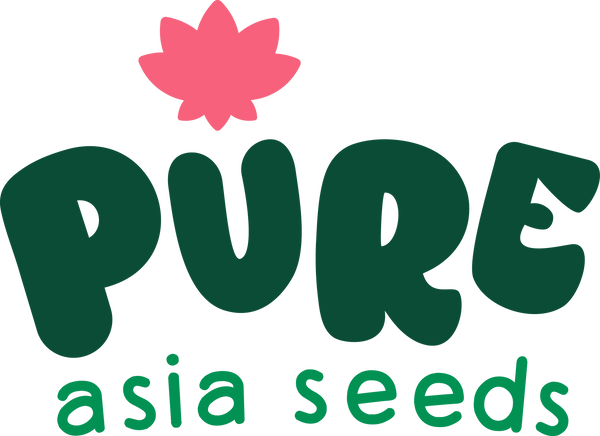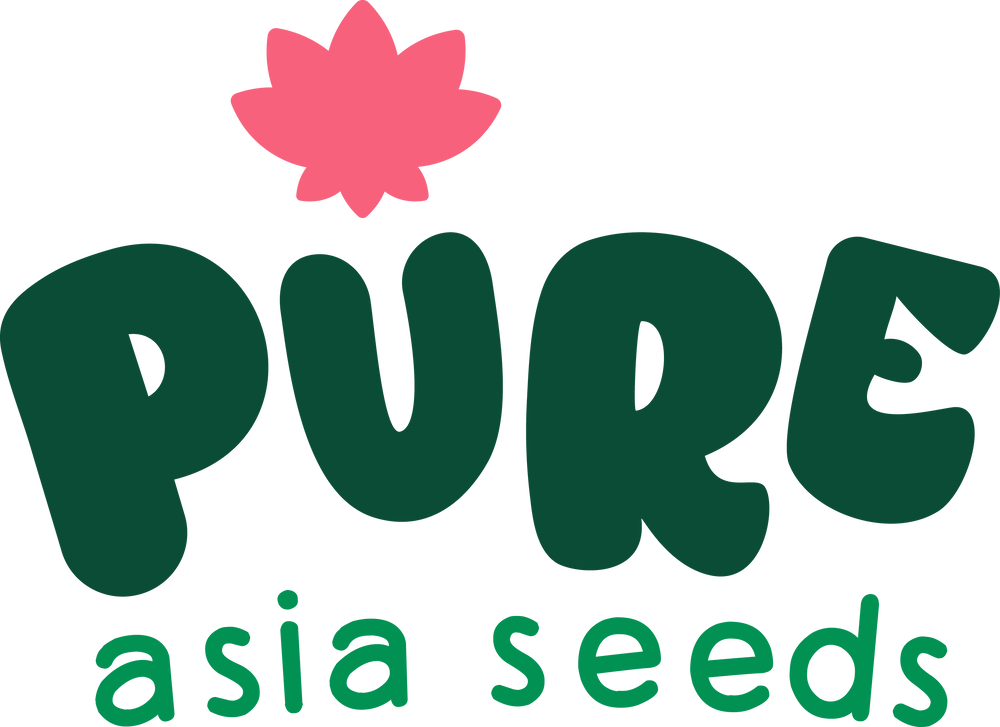Seed germination is the very first — and arguably the most crucial — stage in a plant’s life. While sunlight, warmth, and moisture are important, providing the right nutrients early on can make a major difference in success rates. This is where natural fertilizers to boost seed germination come into play.
Using organic and chemical-free fertilizers ensures healthy root development, stronger seedlings, and sustainable growth. In this blog, we’ll explore the most effective natural fertilizers for seed starting, how to use them, and when they work best.

Why Use Natural Fertilizers for Seeds?
Using natural fertilizers supports not just the seeds, but also the soil health and microbial life that help plants thrive. Here’s why they’re ideal for germination:
-
Safe for tender seedlings
-
Improves root development early on
-
Boosts biological activity in the soil
-
Free from harmful salts and synthetic chemicals
-
Supports organic, sustainable gardening
Best Natural Fertilizers to Boost Seed Germination
1. Compost Tea
Compost tea is a liquid made by steeping finished compost in water. It’s rich in beneficial microbes and nutrients that stimulate seedling roots.
-
How to use: Soak seeds for a few hours or water the soil lightly before planting.
-
Best for: Most vegetable, herb, and flower seeds.
2. Seaweed Extract (Kelp)
Kelp is packed with plant growth hormones like cytokinins and auxins that improve seed vigor and resistance.
-
How to use: Dilute as per label and mist on seed trays or soak seeds before sowing.
-
Best for: Fruit seeds, flowering plants, and leafy greens.
3. Vermicompost (Worm Castings)
Rich in micronutrients, enzymes, and beneficial bacteria, worm castings enhance soil structure and seed germination naturally.
-
How to use: Mix a small amount into your seed-starting mix or make a “tea” for watering.
-
Best for: Tomatoes, peppers, and herbs.
4. Banana Peel Water
Banana peels are a natural source of potassium and phosphorus, both essential for strong root development.
-
How to use: Soak chopped banana peels in water for 24 hours; use the water to moisten soil before sowing.
-
Best for: Fruiting seeds like strawberries, melons, and squash.
5. Coconut Water
Natural coconut water contains cytokinins that can stimulate faster cell division in seeds and promote faster sprouting.
-
How to use: Dilute with water (1:3 ratio) and use as a seed-soaking solution.
-
Best for: Herbs, cucumbers, and tropical plants.
6. Aloe Vera Juice
Aloe contains enzymes and amino acids that stimulate germination and protect young roots from pathogens.
-
How to use: Mix aloe gel with water (1 tbsp per cup) and use as a soil drench or spray.
-
Best for: Delicate seeds like lettuce, basil, and spinach.
7. Wood Ash
Wood ash adds trace minerals and potassium to the soil, helping early root development.
-
How to use: Mix lightly into seed-starting soil (small amounts only).
-
Best for: Root vegetables like carrots, beets, and radish.

How to Apply Natural Fertilizers for Seed Germination
-
Use a well-balanced seed-starting mix enhanced with small doses of the natural fertilizers listed above.
-
Avoid over-fertilizing — seedlings are sensitive to too much nutrition.
-
Apply diluted natural fertilizers as a gentle foliar spray or light soil drench once true leaves appear.

Tips to Maximize Seed Germination Naturally
-
Always start with high-quality organic seeds
-
Use warm water for soaking to activate seed enzymes
-
Maintain consistent moisture and warmth (18–24°C or 65–75°F)
-
Label your seeds and note germination timelines
-
Practice crop-specific care – every seed type has its own needs
Final Thoughts
Boosting seed germination naturally is easier than most gardeners think. With these organic and safe methods, your seeds will sprout healthier, faster, and stronger. Whether you're sowing herb seeds, vegetables, or flowers, using natural fertilizers for germination lays the foundation for a thriving, chemical-free garden.
Explore a wide range of premium organic seeds at PureAsiaSeeds.com and start growing your garden — naturally from the ground up!

